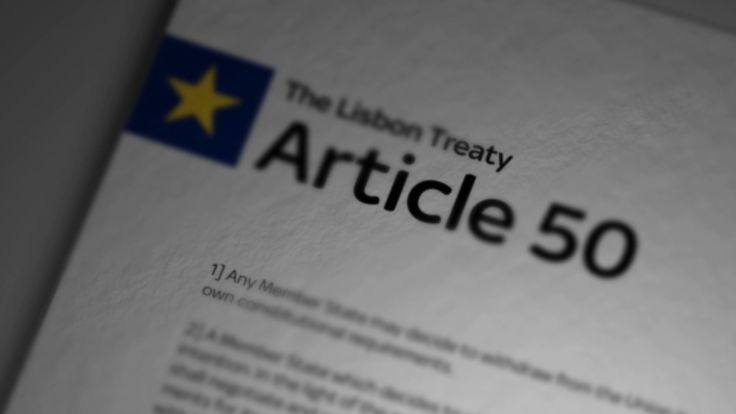After a bruising defeat in the High Court, the Government will argue Article 50 can be triggered without an MPs vote.
The Government will take its battle to start the process of leaving the EU to the Supreme Court today, in what is seen as one of the most significant constitutional battles in decades.
Attorney General Jeremy Wright QC will argue that Theresa May can trigger Article 50 using so-called prerogative powers – meaning MPs do not have to vote on the matter in Parliament.
The Government is appealing against an earlier decision by the High Court which ruled in favour of businesswoman Gina Miller and others who want to see Parliament decide.
Ms Miller told Sky News that the court battle “is about two very fundamental constitutional questions”.
She said: “One is that Parliament is sovereign and you cannot bypass it.
“Second, the Government can’t use prerogative powers to strip people of rights and we will lose rights if we leave the EU.”
Ms Miller said that since the High Court ruling she has suffered threats and intimidation.
She added: “There have been, as you would expect, a lot of trolls and keyboard warriors.
“But it has moved beyond that to sexual and racial threats and death threats that have come via emails, phone calls and letters to my office.
“My staff have been bombarded, my family threatened, there is even a bounty on my head via social media.”
It is a sign of the strength of feeling around the issue that the High Court judges who handed victory to Ms Miller have themselves come under attack.
Many will now be looking to the Supreme Court to overturn that decision and such is the significance of the case that for the first time ever all of the court’s eleven justices will sit together to consider the Government’s appeal.
Constitutional law expert Professor Vernon Bogdanor believes both sides have strong legal cases.
He told Sky News: “The legal strength of the Government’s position is that treaty matters are for the executive (the government) and therefore they are an exercise of prerogative power and that, I think it is agreed, would be true of every treaty.

